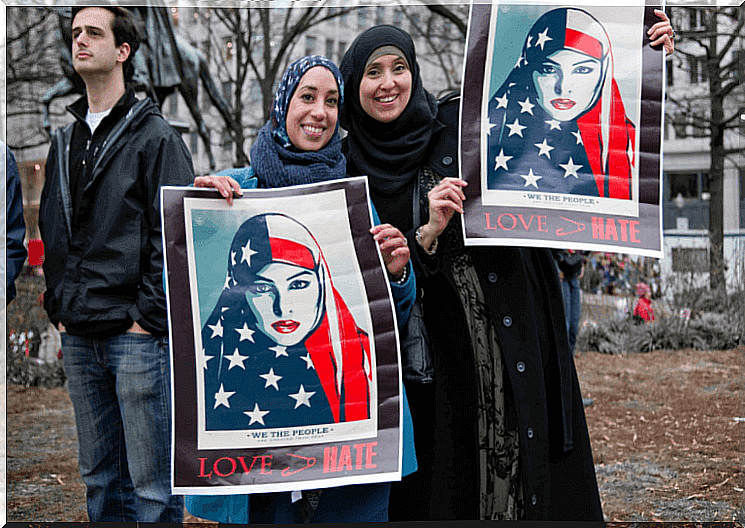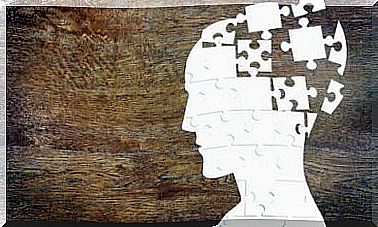Xenophobia: Definition, Risk Factors And Prevention

Xenophobia is a strong-sounding word. It is a type of prejudice characterized by aversion, hostility, repudiation or hatred of foreigners, which may be based on historical, cultural, religious factors, among others. When spoken of in the media, it refers to “extreme” cases of more or less organized groups that have committed a crime against a person from another ethnic group or country. But racism isn’t just that, is it?
We rarely talk about the situations that happen every day in most cities where we live. Nor is there any comment on the little phrases or ideas that are in some people’s heads. For example, is it considered xenophobic or not to label a person as lazy based solely on their place of origin? Let’s reflect a little!
What is xenophobia?
As we said earlier, xenophobia is not just an aggression against a person for their nationality. It is clear that this behavior causes great suffering for those who are victims of this type of prejudice and for society in general, but the reality is that xenophobia implies much more.
The central idea is the social exclusion of another person because of their origin, usually different from the one who carries out the acts of xenophobia. This exclusion can be accomplished through direct behaviors, such as not renting a house or apartment to a person because of their nationality or skin color.
It also includes attitudes and beliefs about these people, such as considering them petty or “intriguing”: this is where stereotypes come into play. The reality is that, although we do not engage in violent behavior, we may be being xenophobic because of what we think about them, as the term also refers to attitudes of fear and rejection.

What are the risk factors that promote xenophobia?
If in theory we are such an advanced society, why are the cases of xenophobia constantly increasing? Perhaps the current situation of uncertainty in which we live contributes to this. There have already been several terrorist threats that we have seen materialize near us, carried out by people of other origins. The fact that there is this common factor linked to attacks and aggressions makes it a trigger for xenophobia.
The context in which we live today keeps us alert, with anxiety and fear, prepared to flee or attack. This makes us look for blame for this discomfort and insecurity that we experience in our daily lives. And to whom is all this attributed? Those who are different from us.
Also, we tend to stay away from these people. The lack of direct contact with people from other cultures makes it impossible to compare (and eliminate) these unfounded ideas we have about the danger they can represent. Thus, this is another important risk factor for the development of xenophobia.

How to prevent xenophobia?
We can easily deduce that the first step in preventing xenophobia would be to approach and talk to foreigners, diving in and learning about other cultures. This will help us to empathize with them and understand that they are ordinary people, that they are not that different from us and, of course, most are not terrorists who seek to destroy our lives. In addition, we will be thrilled to learn about their history and the challenges they face as a community.
The truth is that we don’t stop to think about what makes a person leave their place of origin, putting their life at stake. If she were okay, surely she wouldn’t have embarked on such a difficult journey, sacrificing contact with her homeland and her family, to live an adventure with more dangerous nuances than exciting. They put their loved ones and themselves in danger because the option to stay where they were would, in most cases, be certain death.
It is important that truly effective integration programs are carried out by government institutions, where ordinary citizens really know people who come from outside and there are professionals who can intervene if any conflicts arise. In conclusion, it is important that truthful information about this situation is conveyed, without secret political interests that encourage fear and hatred.
Images courtesy of William Stitt, Eddy Lackmann and Vlad Tchompalov.









